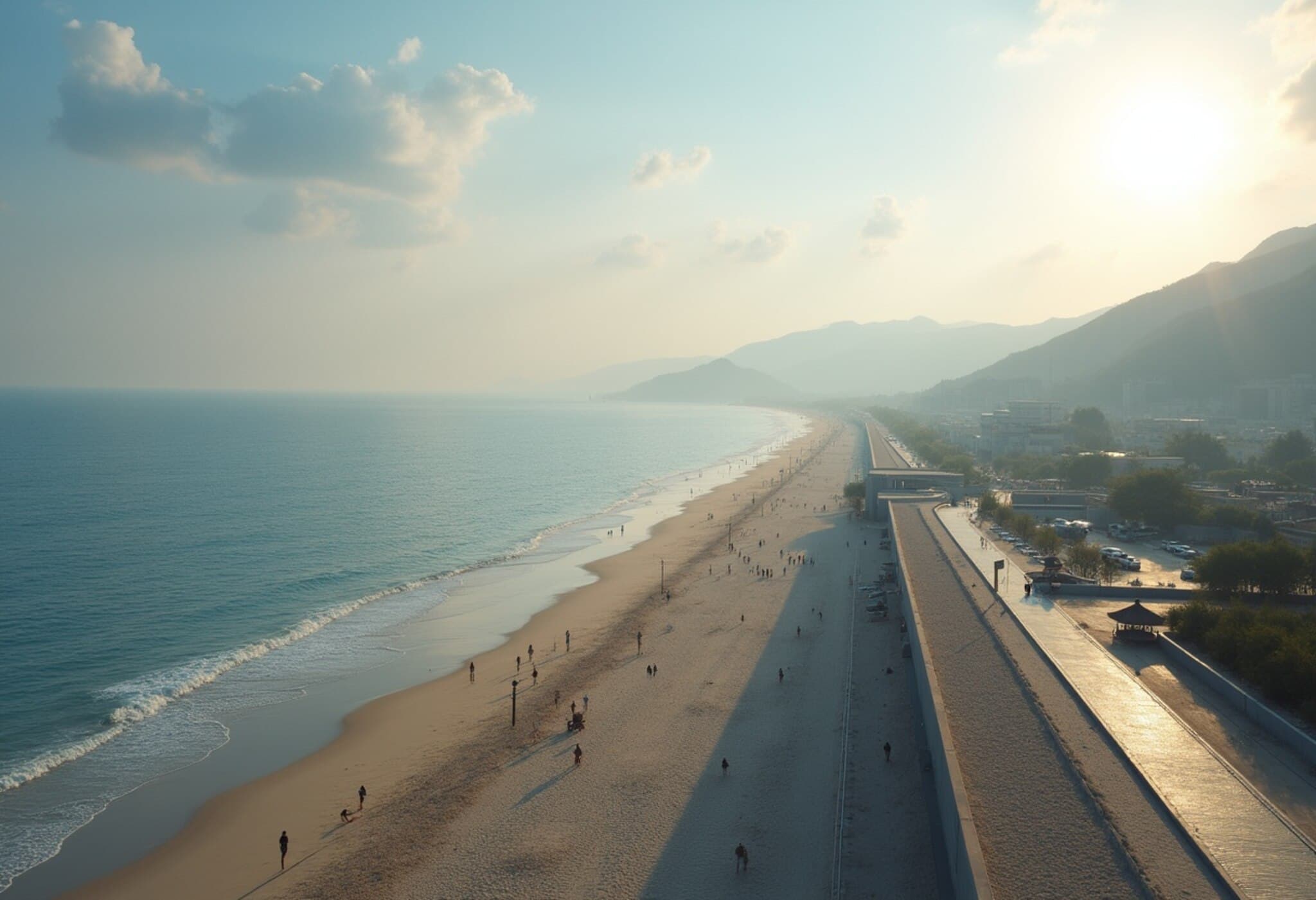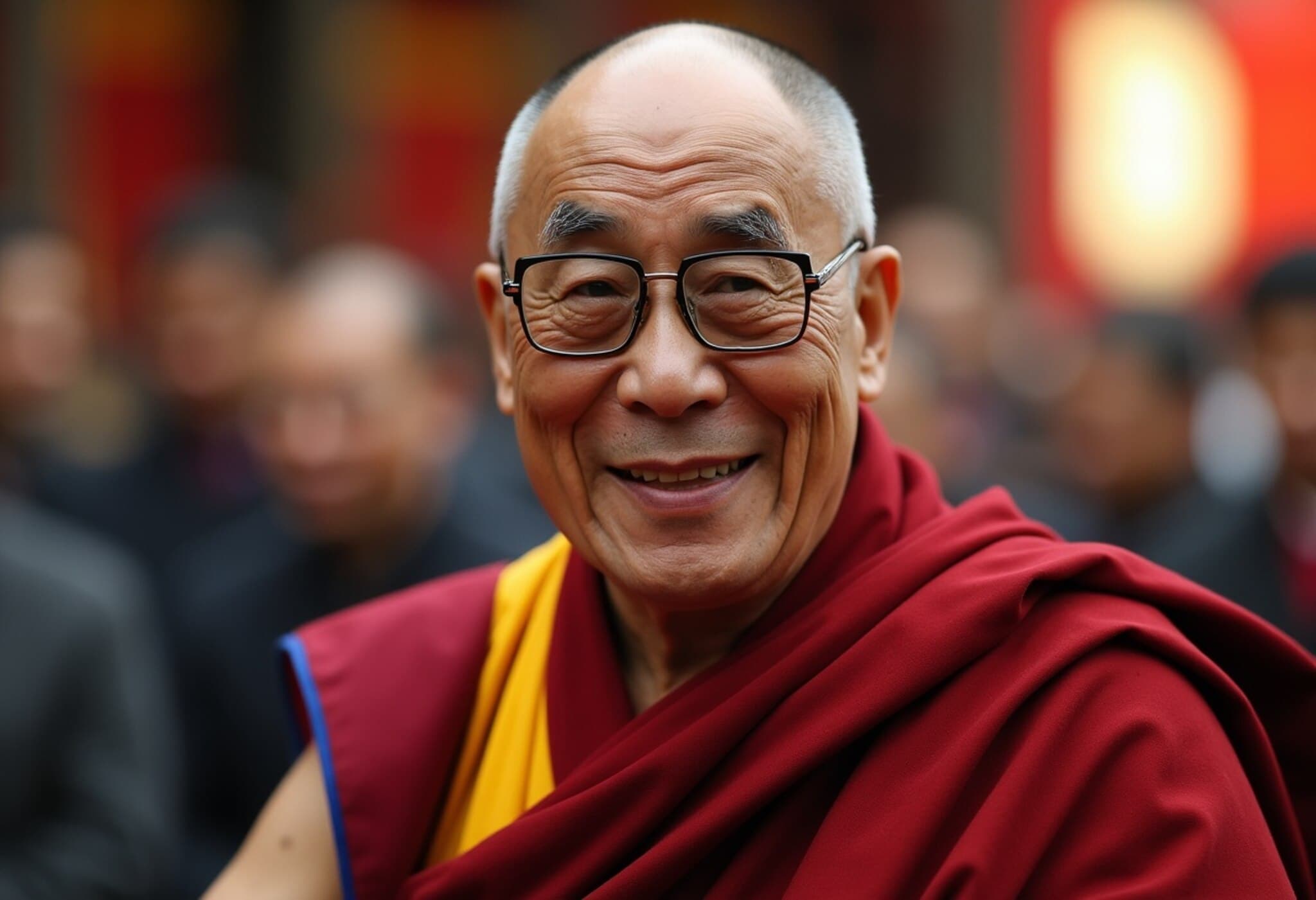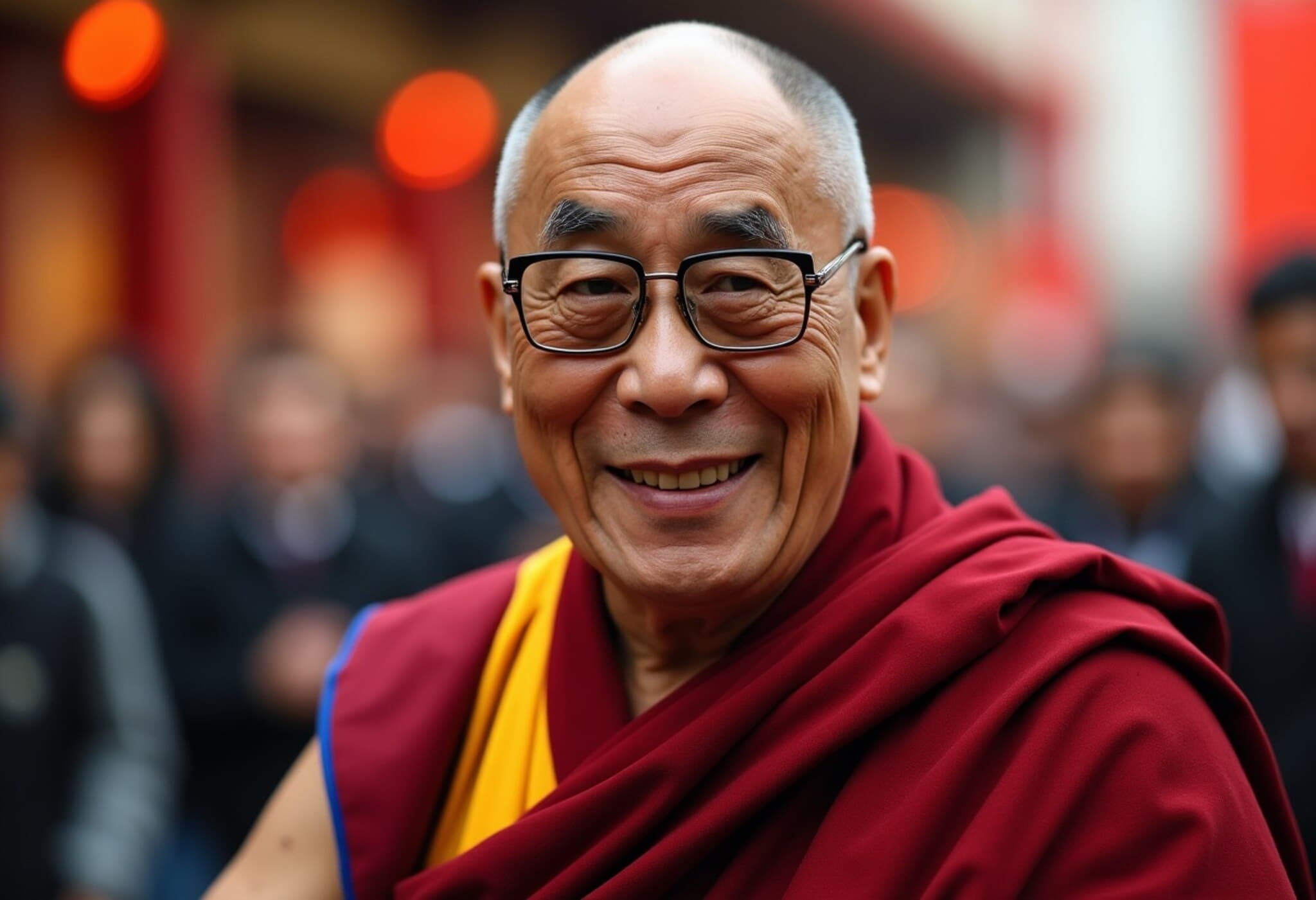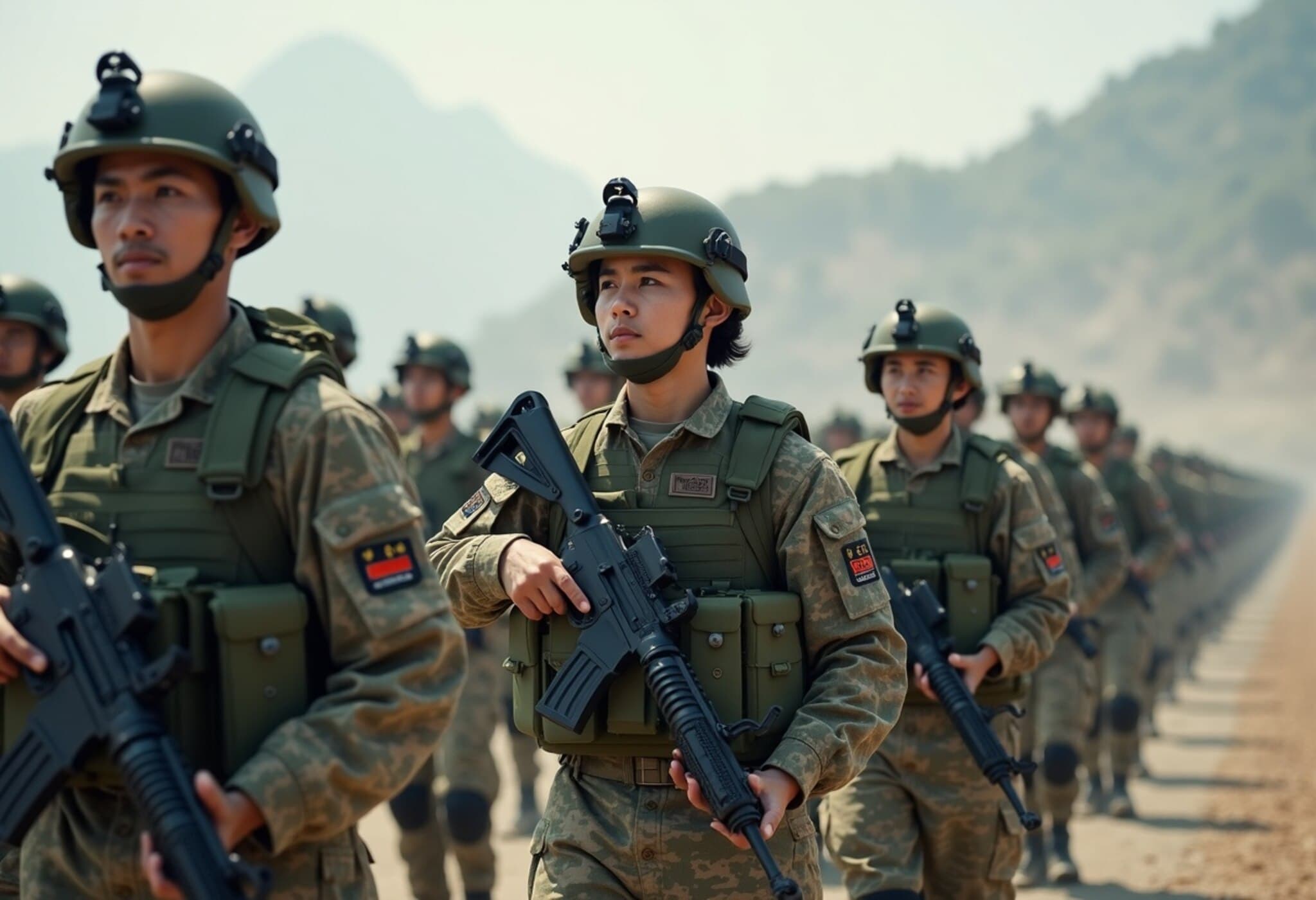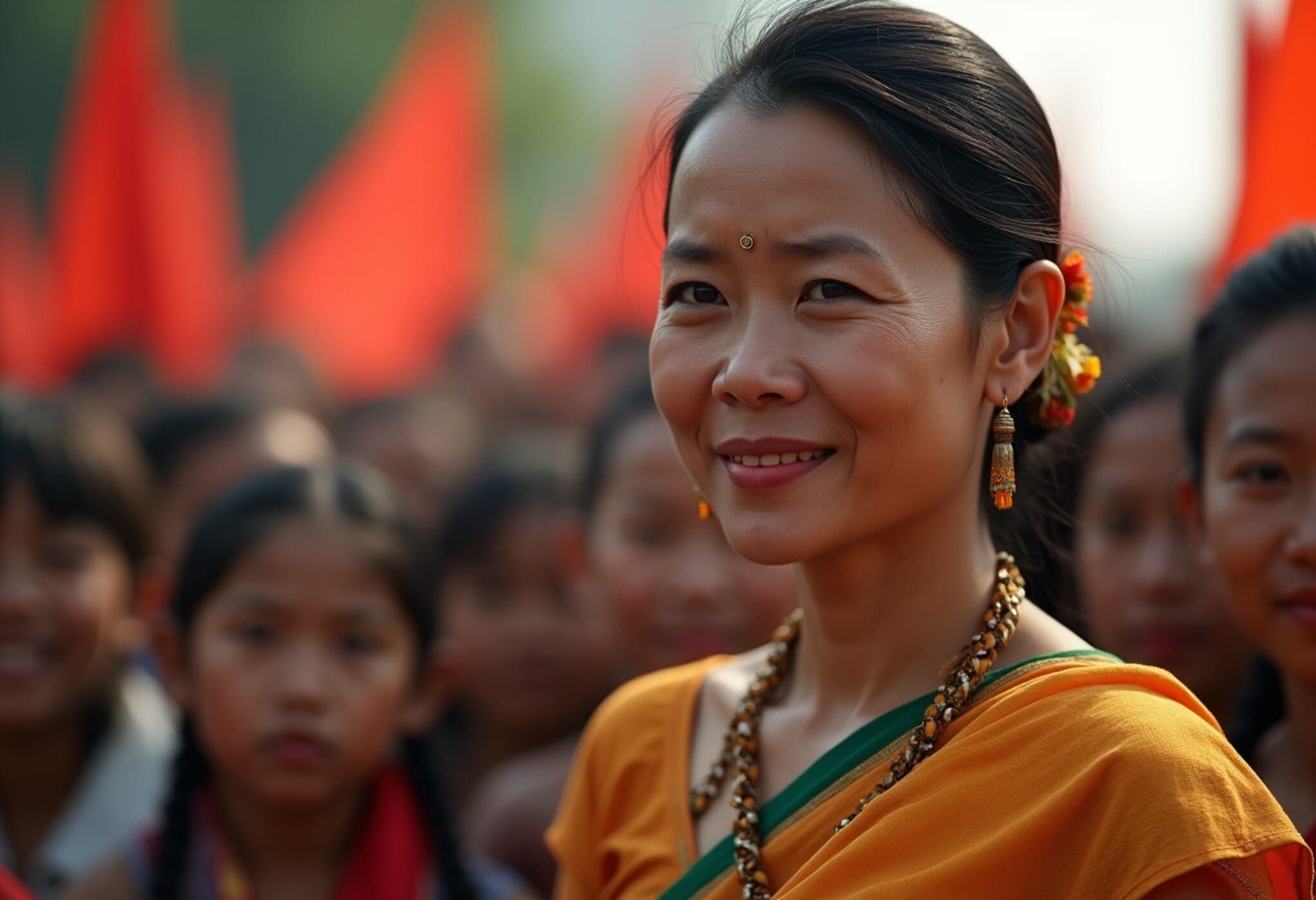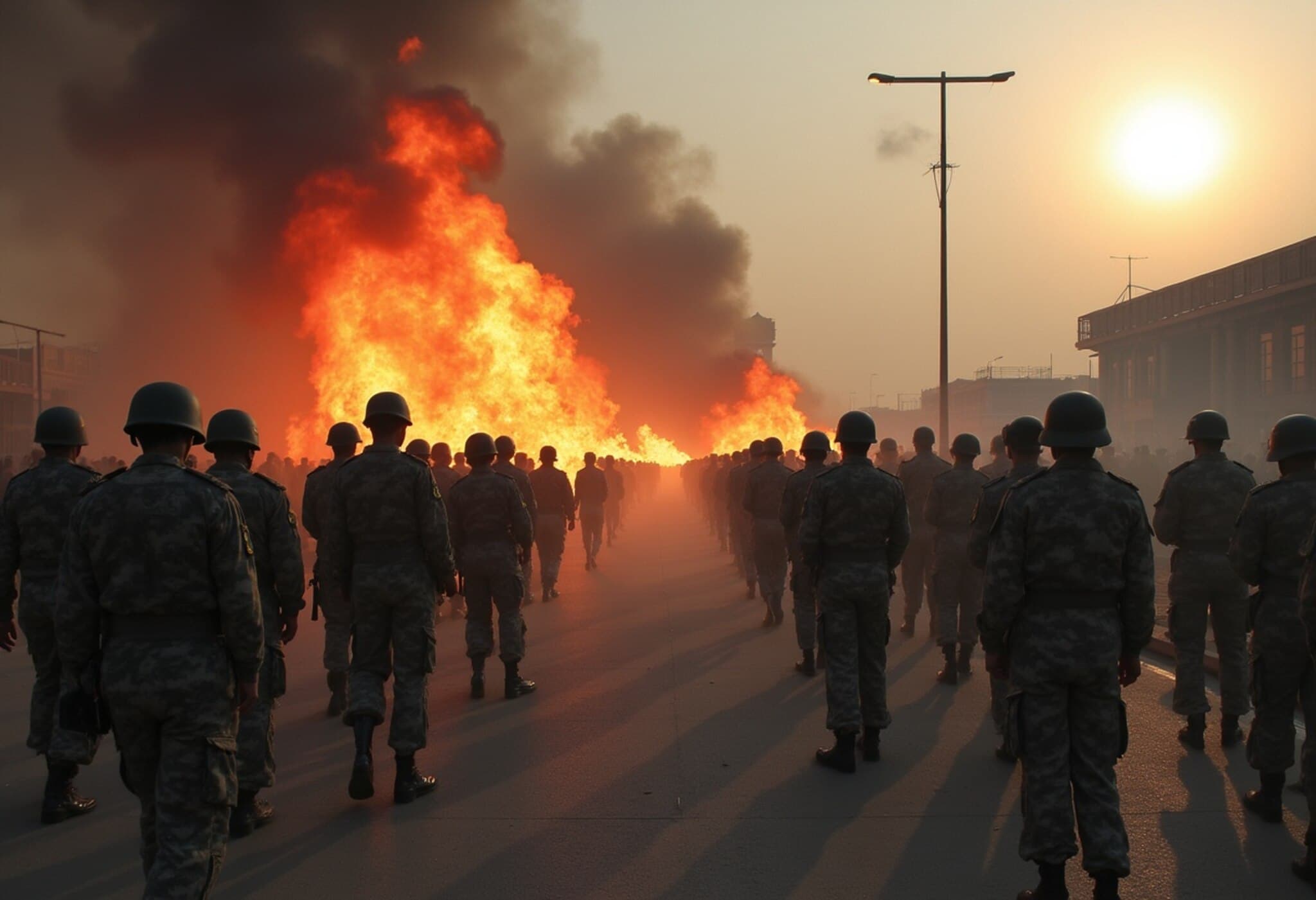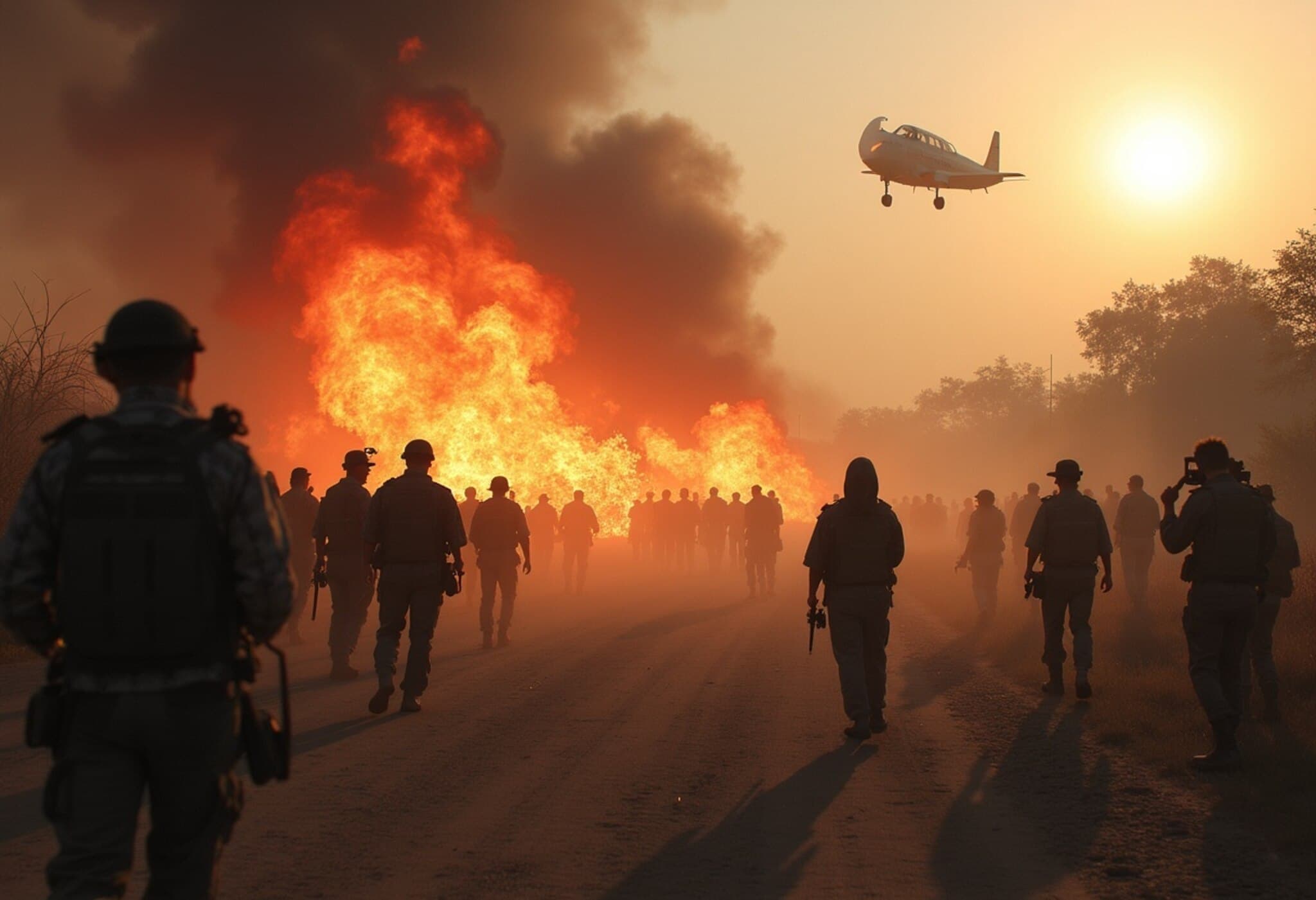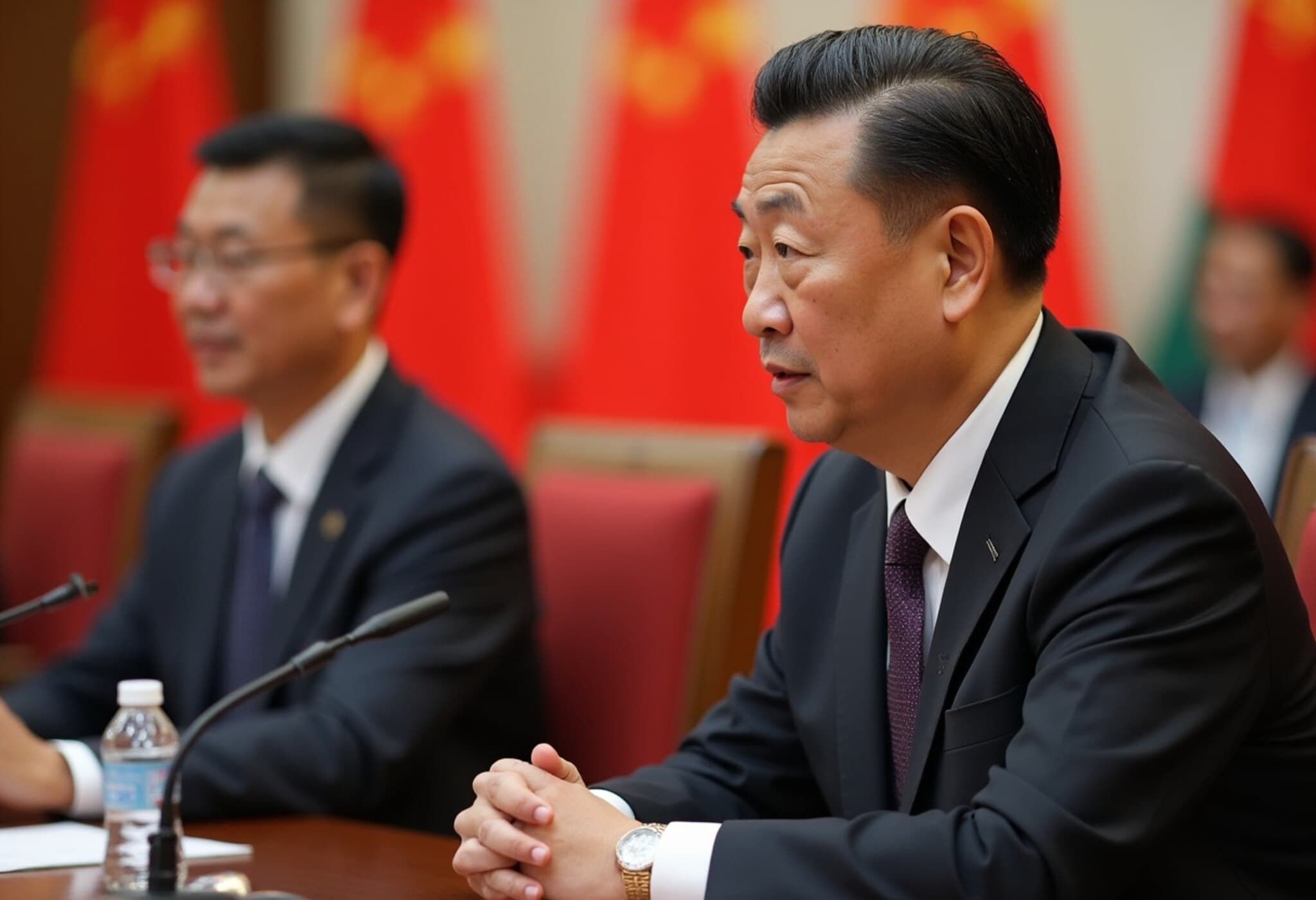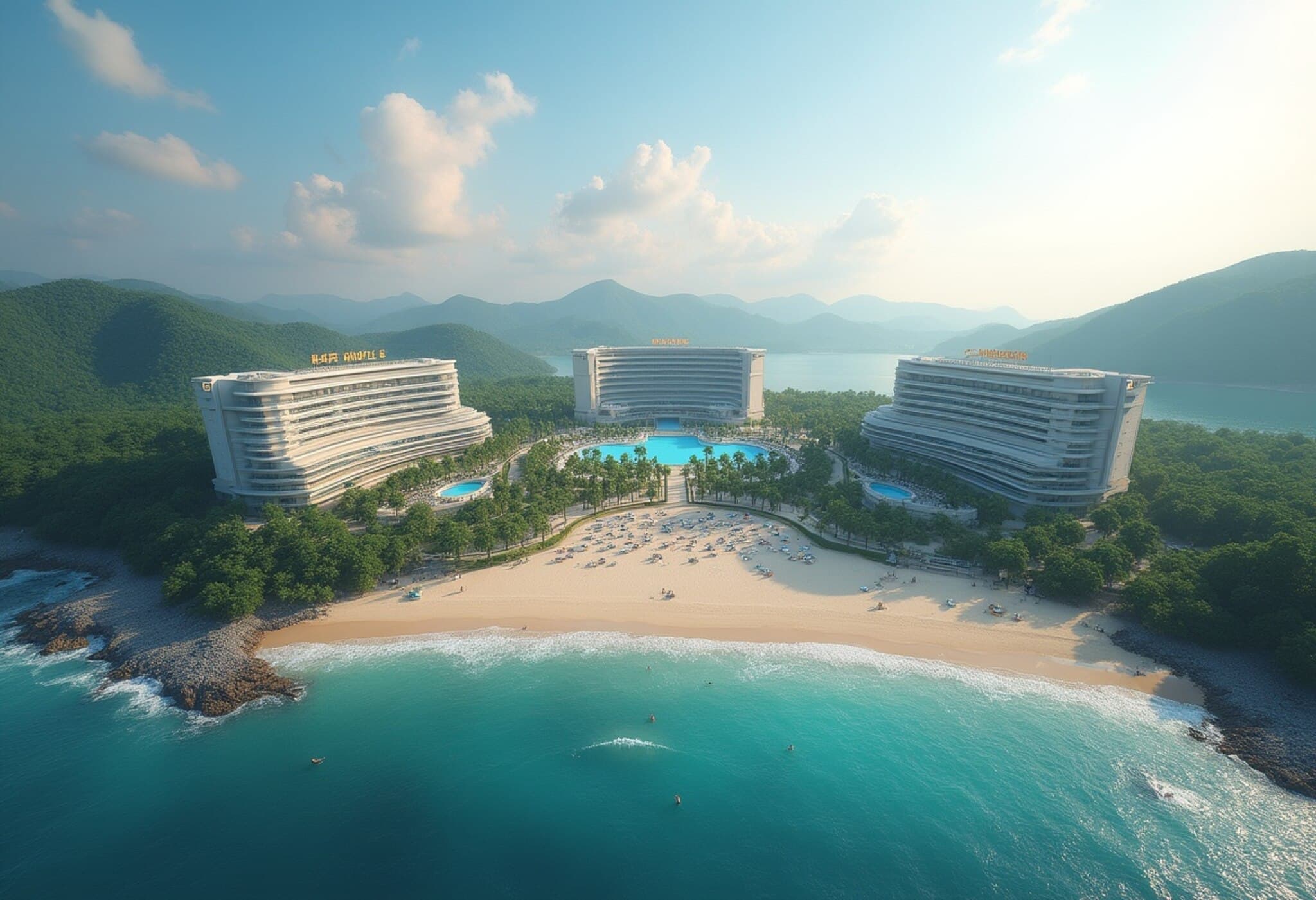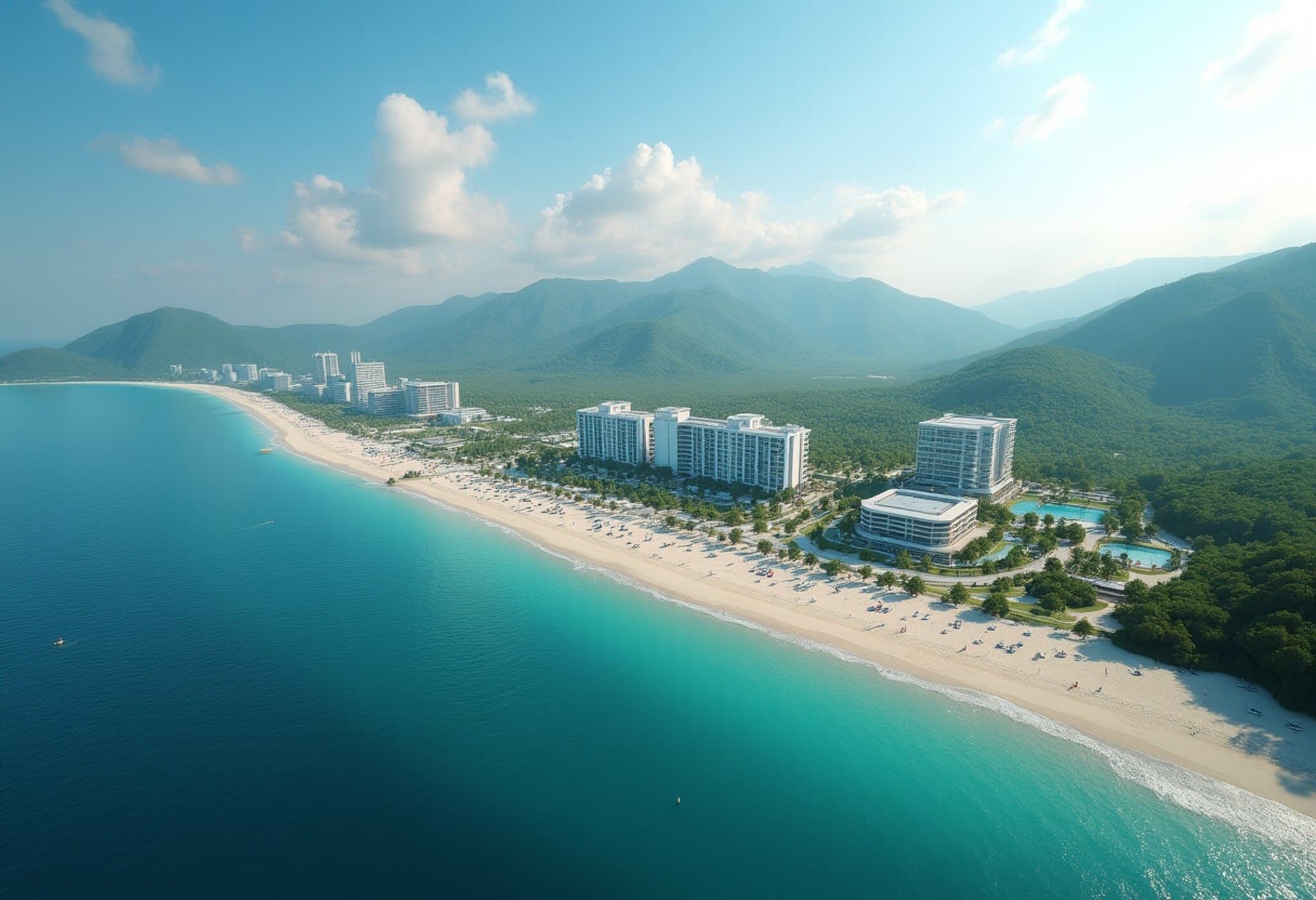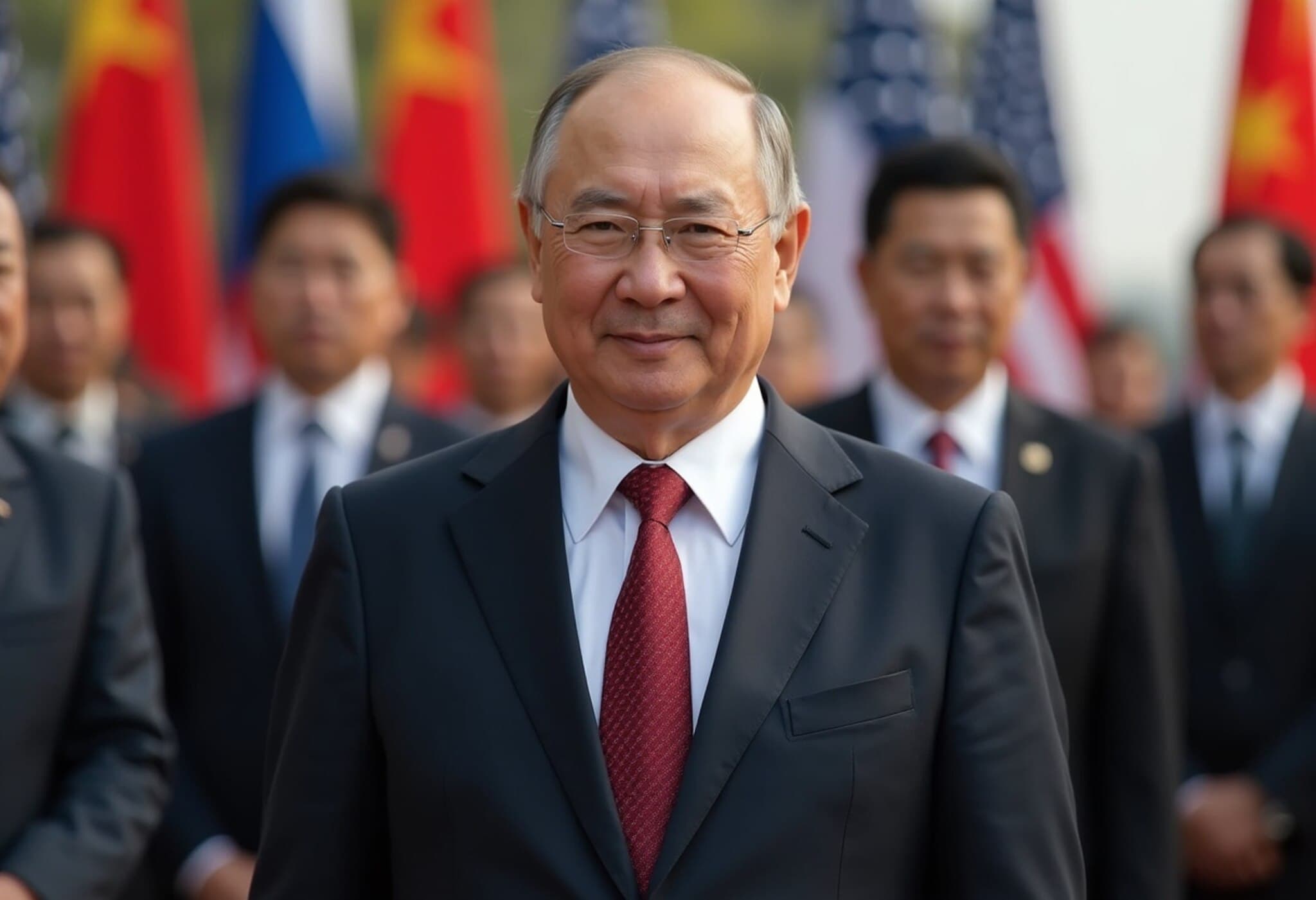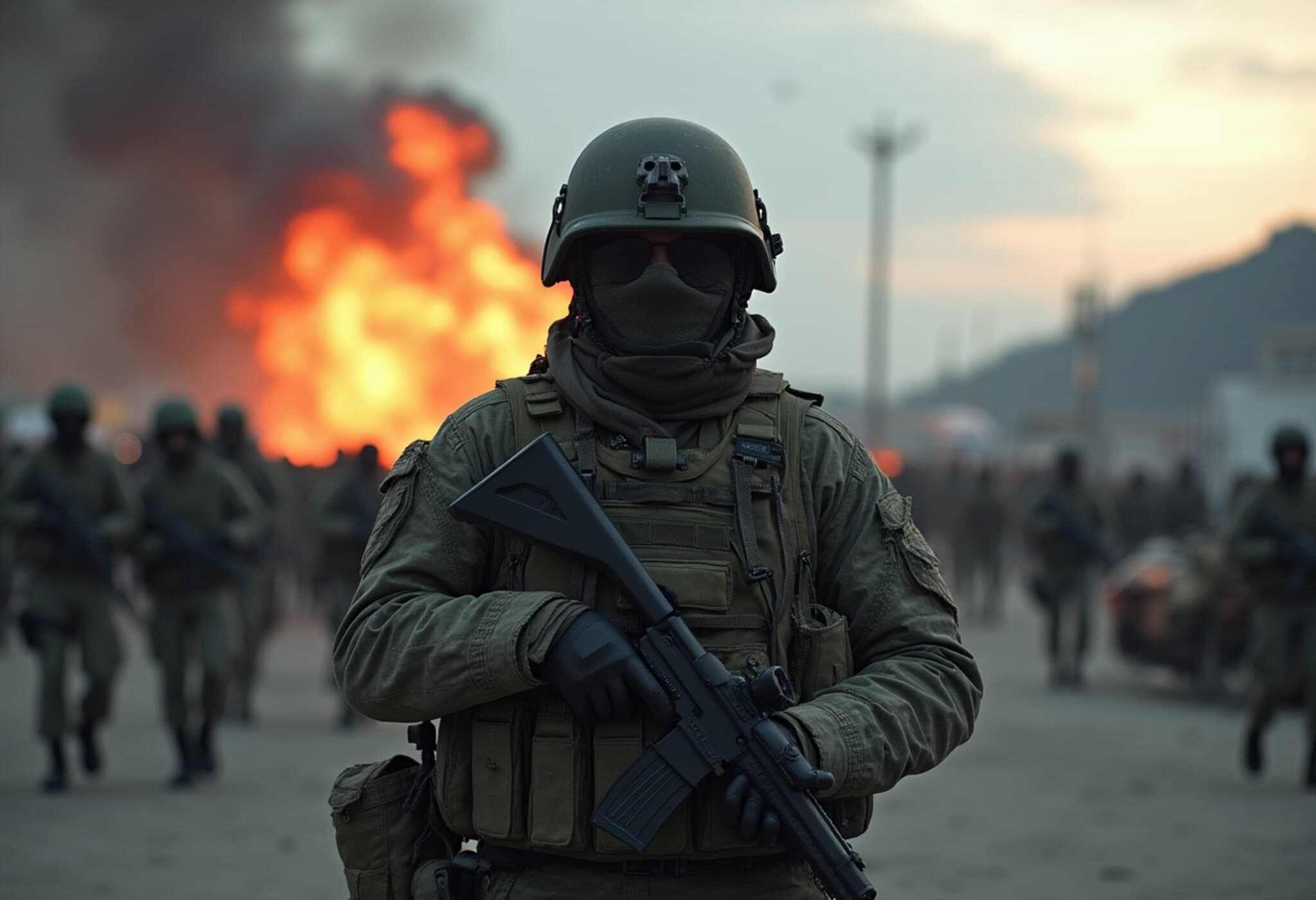North Korea Closes New Beach Resort to Foreign Visitors Amid Russian Engagement
Just days after Russian Foreign Minister Sergei Lavrov's high-profile visit to North Korea's newly launched coastal tourist zone, Pyongyang announced a surprising restriction: foreign tourists are currently not allowed to enter the Wonsan-Kalma Coastal Tourist Area. This decision, conveyed via a brief statement from North Korea’s National Tourism Administration, came without any detailed explanation, stirring curiosity and speculation among international observers.
The Grand Vision Behind Wonsan-Kalma
Dubbed by South Korean media as "North Korea’s Waikiki," the Wonsan-Kalma Coastal Tourist Zone represents one of leader Kim Jong Un’s flagship development projects. Opened to domestic tourists earlier in July 2025, the sprawling complex boasts high-rise hotels, waterparks, and modern amenities, designed to accommodate up to 20,000 visitors simultaneously. This grand endeavor underscores Kim’s vision to elevate tourism as a pillar of North Korea’s economy, despite the country's long-standing diplomatic isolation and sanctions.
Domestic Enthusiasm Versus Foreign Access
The resort’s official opening was celebrated extensively in state media, highlighting its symbolic and economic importance. However, the announcement barring foreign tourists immediately following Lavrov’s visit suggests shifting priorities amidst evolving geopolitical dynamics. While the North Korean government had previously indicated plans to welcome Russian tour groups within the coming months, the restriction raises questions about the feasibility and timing of opening to a broader international clientele.
Russia’s Bolstered Role in North Korean Tourism
Lavrov’s visit to Wonsan was more than symbolic; it marked a deepening relationship between two countries facing international sanctions. Russia has recently initiated twice-weekly flights between Moscow and Pyongyang, signaling growing bilateral engagement. During his trip, Lavrov praised the coastal resort as a "good tourist attraction," projecting confidence it would become a favored destination among Russians and locals alike.
This diplomatic exchange aligns with North Korea’s sporadic re-engagement efforts with foreign tourists, especially Russian visitors — the only sizeable group allowed to enter since the global pandemic’s height. Although Western tour operators briefly returned in February 2025, their presence remains minimal.
Wider Implications for Regional Tourism and Diplomacy
South Korea’s Unification Ministry has tempered expectations, noting that international tourism to Wonsan is "likely to remain small in scale" due to limited flight availability and geopolitical tensions. This cautious outlook reflects broader challenges faced by North Korea, including persistent sanctions, diplomatic isolation, and infrastructural constraints.
Yet, the development of coastal tourism in Wonsan also hints at the regime’s pursuit of economic diversification, attempting to attract hard currency while reinforcing alliances with countries like Russia. Analysts point to Kim Jong Un’s statement that this project would stand as "one of the greatest successes this year" and foreshadow more large-scale tourist zones being built "in the shortest time possible."
Unpacking the Restriction on Foreign Tourists
The timing of the restriction invites analysis. Was it a temporary precaution following Lavrov’s visit? A strategic move to recalibrate the scope of foreign engagement? Or does it reveal underlying security concerns or logistical hurdles North Korea faces in managing a potentially sensitive influx of foreigners?
Given North Korea’s opaque governance and tight control over information, such decisions often combine political signaling with pragmatic controls. Experts suggest the ban might be part of a phased rollout approach, balancing domestic priorities with the desire to gradually open to trusted foreign partners while maintaining strict oversight amid ongoing international pressures.
Looking Ahead: What This Means for North Korea’s Tourism Ambitions
- Economic Strategy: Tourism development remains a key avenue for North Korea to generate revenue amid sanctions, especially through Russian visitors.
- Geopolitical Alignments: The boost in Russia-North Korea ties could recalibrate regional power dynamics, impacting South Korea, China, and broader international diplomacy.
- Practical Challenges: Infrastructure, security, and regulatory frameworks will determine how effectively North Korea can scale its tourism offerings.
- Diplomatic Messaging: The selective reopening hints at cautious outreach, possibly leveraging tourism as a diplomatic tool while controlling foreign influence.
Expert Commentary
Dr. Min-jun Lee, a Northeast Asia security analyst, notes, "North Korea's insistence on controlling foreign access to Wonsan reveals a nuanced strategy: they want economic benefits from tourism without compromising regime security or diplomatic leverage. The Russia connection provides a reliable ally, but expanding to other foreign tourists will require careful balancing of multiple risks."
Editor’s Note
The unfolding scenario at Wonsan Kalma Coastal Tourist Zone encapsulates North Korea’s broader struggle to engage economically while navigating geopolitical complexities. For international observers, it raises critical questions: How will Pyongyang balance domestic priorities with its ambitions to rejoin global circuits? Can expanding tourism coexist with ongoing military and diplomatic confrontations? As the country cautiously opens up to Russian visitors but restricts others, the interplay between isolation and engagement continues to define its path forward.

